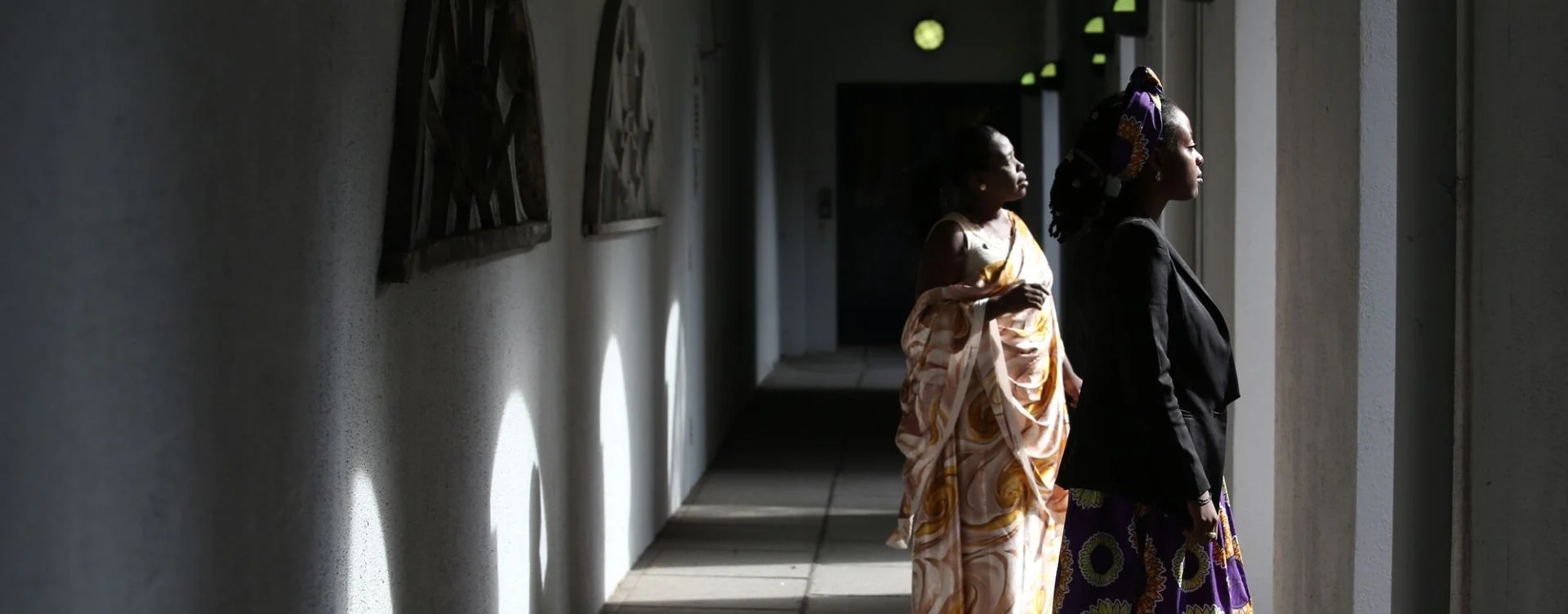Thirty years since the Rwandan Genocide, one woman with a special link to Concern shares how the nation has made “impossible” progress.
When Aline Joyce Berabose, known as Bose, was born in 1996, Rwanda was reeling from the horrors of two years earlier: In less than 100 days, over 800,000 Tutsi (as well as Hutu moderates) were murdered, one million people were internally displaced, two million fled to neighboring countries, and 95,000 children were orphaned. As part of the post-genocide generation, Bose didn’t have a lot of clarity on what had happened in her early years.
“There had been very little conversation,” she says. “I have now realized that it's very common for the post-genocide generation that there’s a lot of unanswered questions. There was also this kind of stigma and taboo to ask too many questions, because you probably would not get the answer that you wanted.”
Bose moved a lot as a child — living in a village in Rwanda with her grandparents while her mother Marie-Ange went back to school, then living with aunties, then moving to Kigali with her mother — and attended six different schools. She was very close to her mother, saying they were more like sisters. Bose and Marie-Ange even had lunch together at school as Bose’s primary school was on the same compound as Marie-Ange’s university.
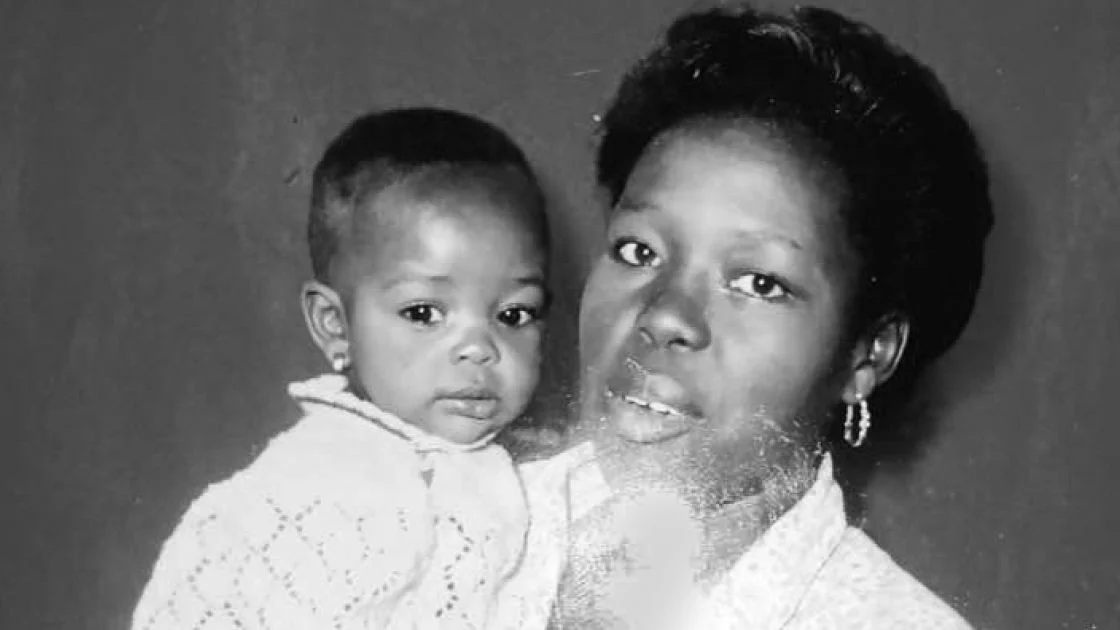
An amazing secret
With help from her parents and sisters, Marie-Ange raised Bose as a single mother. Bose never knew who her father was when she grew up. However, it was a simple form when Bose was 15 years old that shone a new light on Bose’s entire life, and the courageous journey her mother took to raise her child.
“I couldn't fill out the forms for my national exams,” Bose explains. “It was not allowed to not fill your parents’ names on the forms when you're registering for national exams. We would fill [my mother’s] name and my grandfather’s name on the form. So I would always ask, what's [my father’s] name? Like, where is he? Once I was about to do my national exams, she had to sit me down because it was getting complicated. She shed light on why she doesn’t have all the information. That's how the story of Concern and her living in the refugee camp as a young mom came up.”
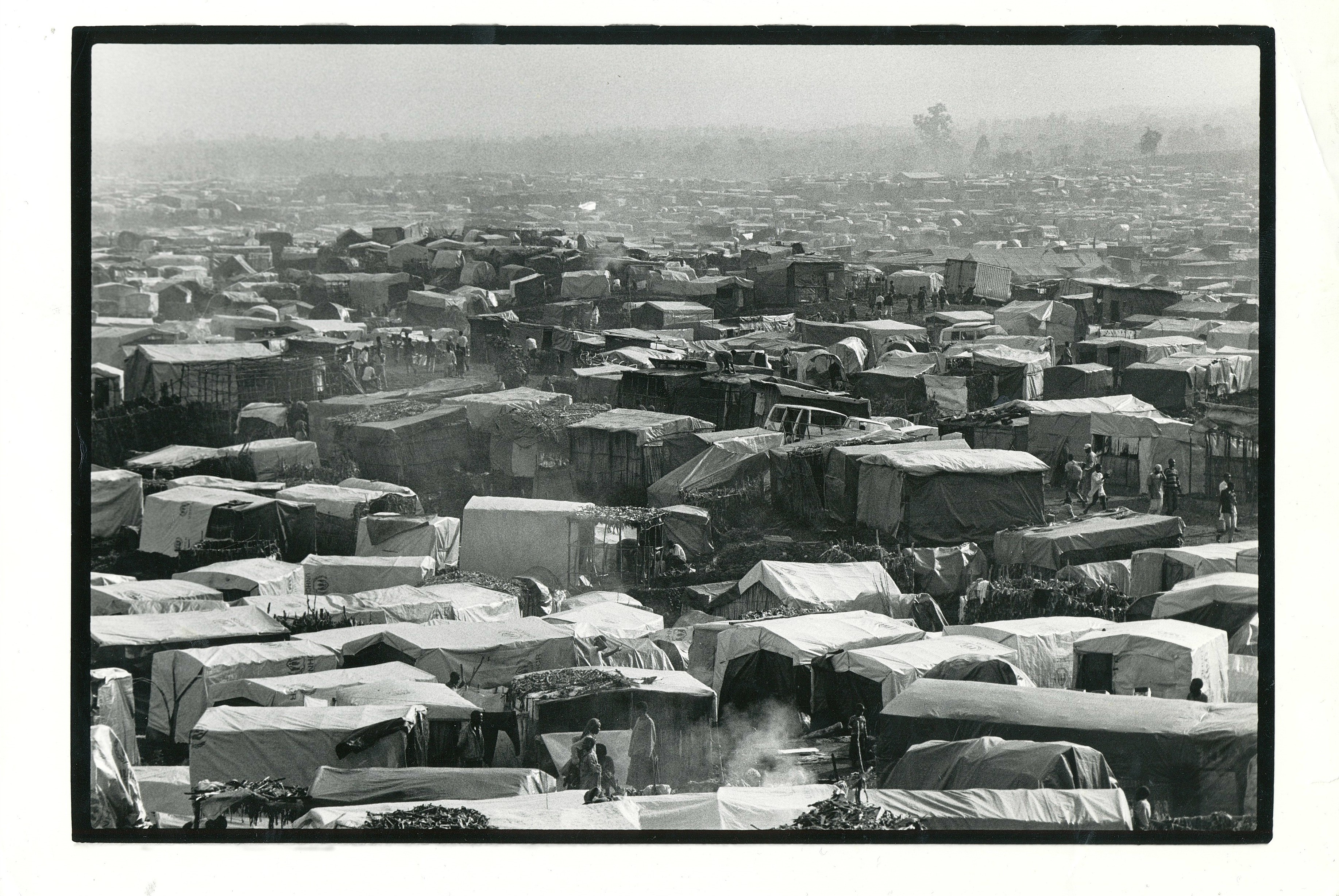
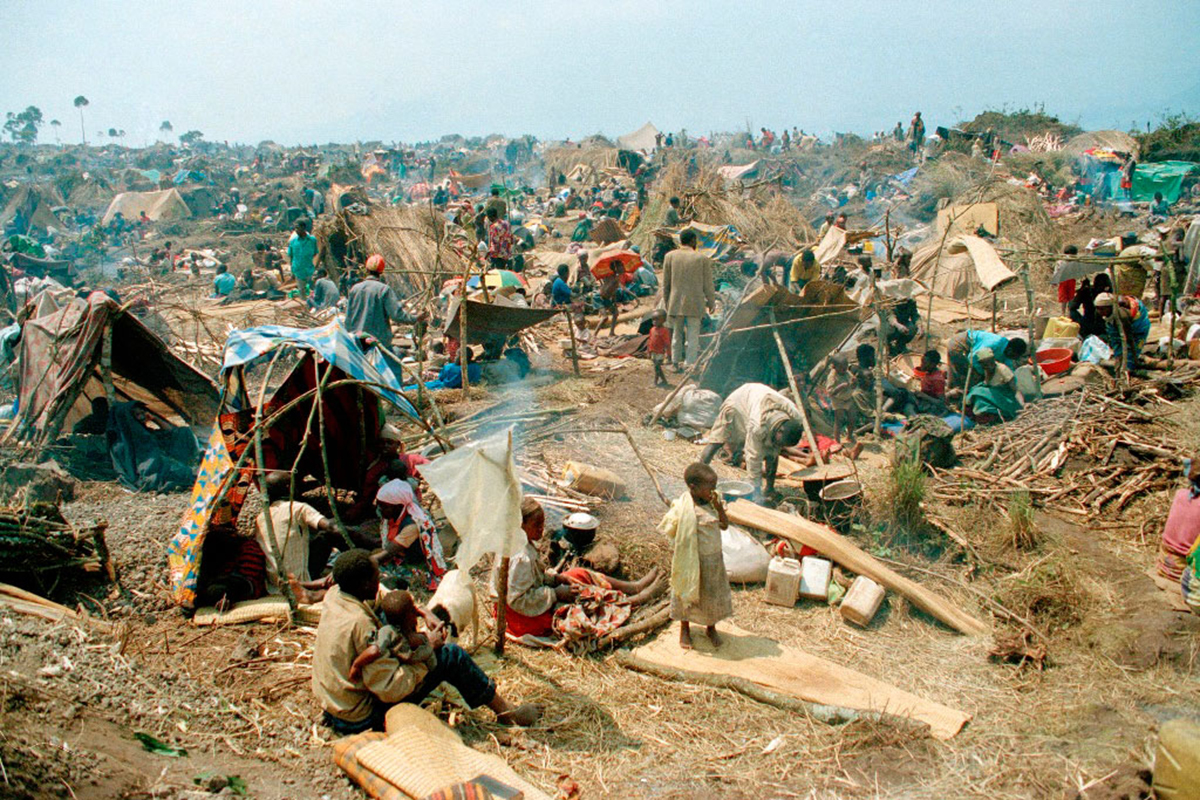
Bose was not actually born in Rwanda. Her mother fled her home in Rwanda in 1994 to the Kitale refugee camp near Goma, Democratic Republic of Congo (then Zaire). Camps in Goma were overcrowded, with cholera and starvation threatening the inhabitants. After two years in the camp, Marie-Ange became pregnant. When she gave birth to Bose, Marie-Ange herself was malnourished and struggling. This is when Concern came into her life. She remembers Concern — whose teams had mounted a humanitarian response across Rwanda, Tanzania, Burundi, and DRC — providing aid at the time she needed it most.
She tells us: “It really touched me deep in my heart when they gave us biscuits, milk and other food. I was so thankful to get that help from Concern.” Marie-Ange began saving parts of her food rations. With her secret food package, she decided to travel for three months on foot back to Rwanda with her baby girl. “I ate the biscuits one by one, through the journey of three months, and it gave me the strength to feed my daughter.”
A new journey
Discovering not only that she was born in a refugee camp, but also the lengths to which her mother went to bring her back to Rwanda, changed Bose’s entire career trajectory. She previously wanted to become a pilot, but her conversation with her mother inspired her to devote her time to activism: “I always wanted to use my free time to volunteer for genocide survivors and widows and teaching young kids in debating and public speaking. But after I finished high school, that became my main focus: venturing into activism and working with the most vulnerable groups in the community.”
Part of this activism was her role as a global youth ambassador for Concern, which she took on in 2018. Four years earlier, in London to attend a debating camp, she showed up at Concern’s office on the banks of the Thames, bearing a gift basket from her mother for the organization, a symbol of their debt of gratitude. Sitting with the Concern team, she recalls, I just realized, This is the environment I need to be around.”
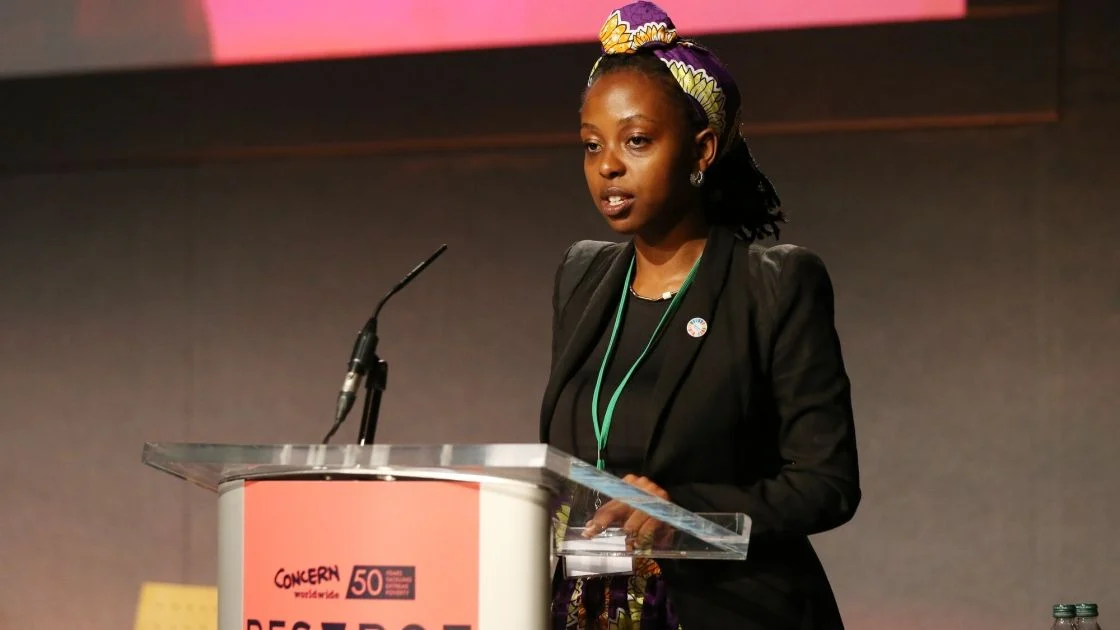
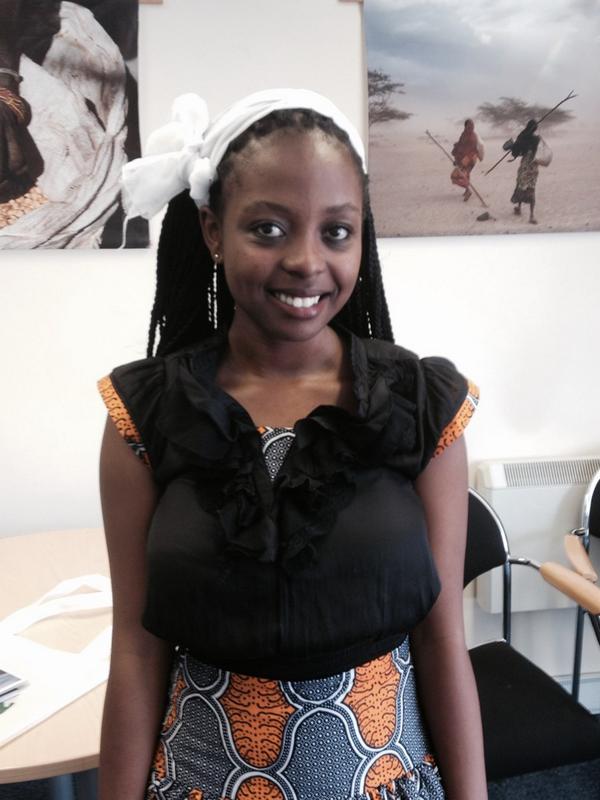
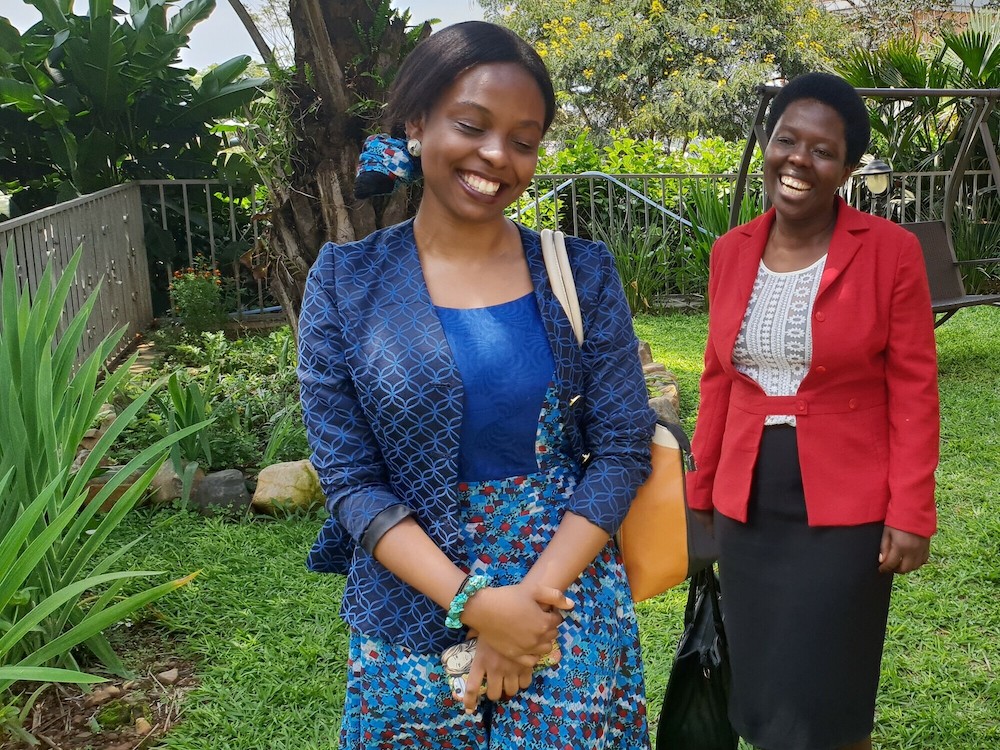
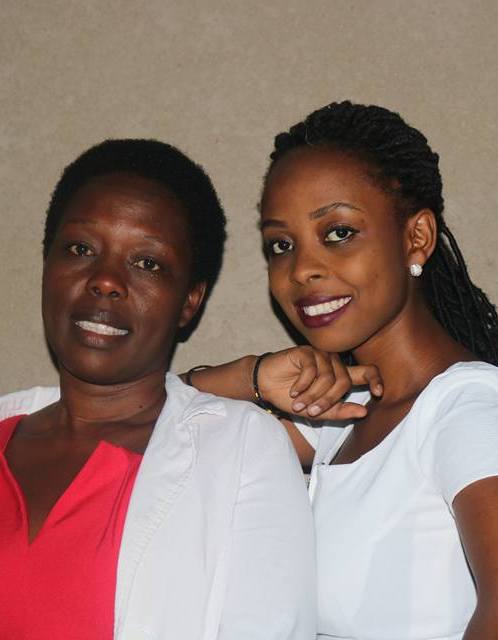
Bose says it was “beautiful” to work with Concern. “For me, it’s always been like a continuation of a story. People like my mother, their stories are not highlighted as heroes. There’s no recognition. Like, this person definitely had a brave, courageous journey raising this kid on her own. So becoming the global youth ambassador and getting a chance to speak on a stage with Bono or Bill Clinton and my mom being there in the room, it just felt like a moment for me to celebrate and highlight what my mom means to me.
“It’s not about romanticizing my mom's journey or romanticizing pain and the struggles,” she adds. “But it kind of gives it credit. That it mattered; it happened. [It's] an affirmation of who I am and what I'm doing. I'm proud. I'm proud to be part of this story.”
“It’s not about romanticizing my mom's journey or romanticizing pain and the struggles. But it kind of gives it credit. That it mattered; it happened.”
The story continues
Bose has since been a powerful voice in the feminist activism space, campaigning around women’s sexual and reproductive health including the tax exemption for menstrual pads. She is now CEO and co-founder of LUNA, a startup that provides telehealth services to women so they can access the information and health products they need and reach out to trusted service providers.
“LUNA is building a community of women to learn about this stigma surrounding our bodies and learning about every stage of our lives, anything concerning our bodies, but also to create a much more comprehensive quality access to healthcare,” Bose, who was recently named a Health and Wellness Pioneer at the Women In Leadership Awards, explains. “We are really trying to fill in the gaps that exist in gender health.”
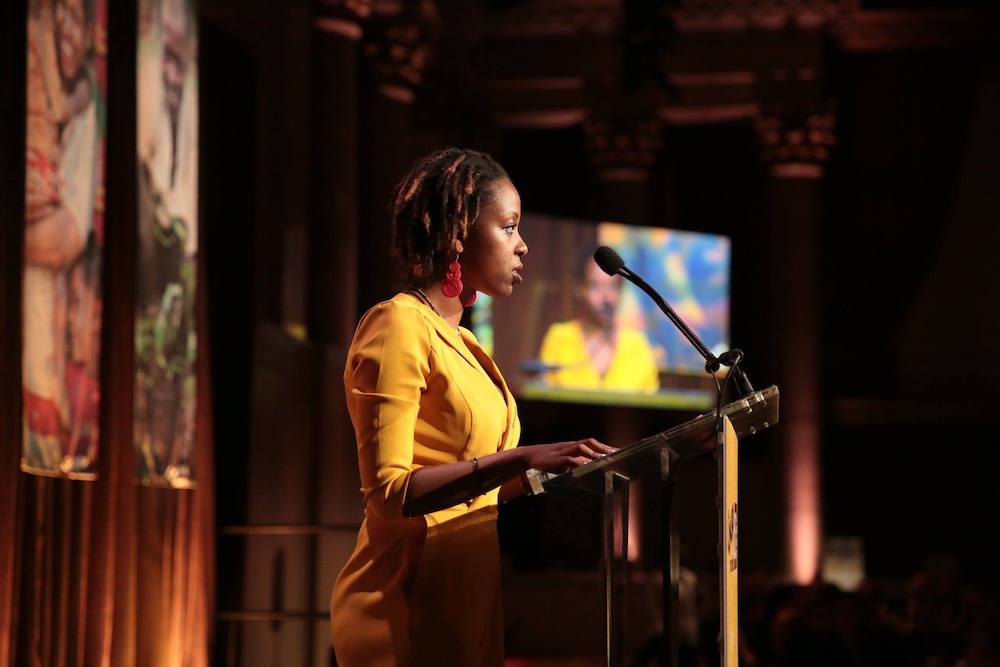
A huge shift
As a women’s rights activist and part of the post-genocide generation, Bose can see in real time the steps Rwanda is making in terms of gender equality in her lifetime.
For example, Rwanda is the first country in the world with a female majority (61.3%) in parliament. The country’s progress in just three decades post-genocide is remarkable. “Sometimes, it’s almost unbelievable to describe it,” Bose says. She remembered her time living with her mother in the capital city of Kigali, where a collective of HIV-positive women who had survived the genocide lived in the same building. Bose noticed the stigma that surrounded the group, and the lack of support they got as widows and women living with HIV. “I knew that some families would tell their kids not to play with me because I lived in that compound.”
Bose also recalls a young couple that lived next to her; her mother took the woman to hospital after she was beaten by her partner on multiple occasions. “Now, domestic violence is the most insane crime a man can do in Rwanda. People used to be proud speaking about beating their wives, and it was known that the man who loves you will beat you. But I don't think any Rwandan man right now can publicly say something like that. And that's the difference.”
She adds: “It’s a huge shift from what I knew growing up with a single mom and as a young girl, to what the country is now. I think there's been so much fast growth, changing the idea of what a woman is. And obviously this is not to say that we have accomplished everything. There is a lot we have to do, like a lot of work that needs to be done and changing the mindset. But if I have to look back, it almost seems impossible. Like, how could we have achieved the level where women even have a voice to speak about these things? There's so much that has changed that it almost feels like two completely different nations.”
Concern in Rwanda
Concern has worked in Rwanda since the 1994 genocide. Since then, truly remarkable progress has been made. However, chronic malnutrition and poverty still exist, with 47.4% of the population living below the poverty line. The country is ranked 161 out of 193 countries in the UN's 2024 Human Development Index.
Currently, Concern supports communities in Rwanda with our Graduation Program. With the provision of cash transfers, coaching and mentoring, access to financial services, and business skills training, participants are equipped with the tools, resources and opportunities to improve their lives and secure their livelihoods and incomes. Between 2017 and 2022, 2,700 families in the southern district of Gisagara took part in Graduation. Our new Green Graduation Program launched in early 2023, and aims to reach 1,200 families living in extreme poverty across two districts.
Concern is also supporting the most vulnerable families in Rwanda's Southern Province to improve their food and nutrition security The project has a particular focus on Climate Smart Agriculture and agroforestry, ensuring that the food produced and income generated can be sustainable long into the future.

